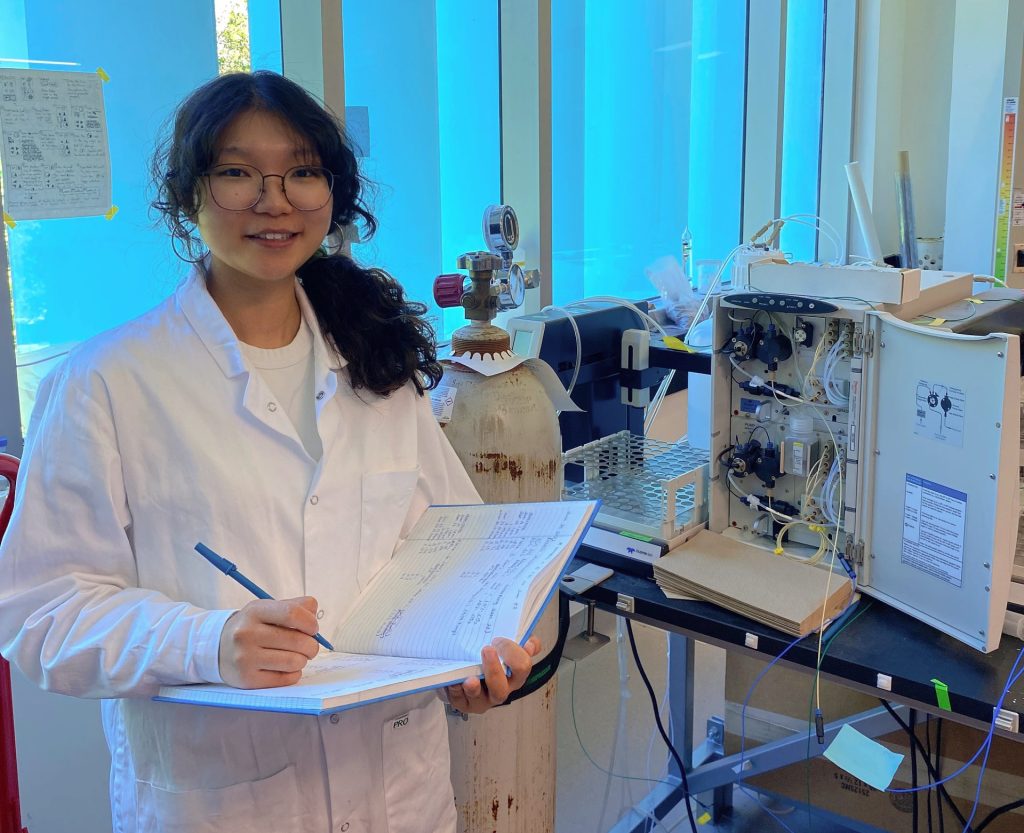Biography:
Following high school, Xueya chose to use her English talent to pursue her studies in Canada. Moving from Xinjiang province in western China, she studied for her undergraduate degree at the University of Toronto. She graduated in 2017 with a B.Sc., specializing in Geoscience and economics, before beginning her M.Sc. with Dr. Gregory Dipple at the University of British Columbia that same year. Her project is the starting point of her current and future career interests in carbon capture and storage in the mining sector. During Xueya’s time at UBC, she also led a UBC SEG (Society of Economic Geologists) field trip to Peru and Bolivia. Upon completing her M.Sc., Xueya stayed on as a Ph.D. student continuing her research, focusing on carbon capture in mine tailings-related geochemistry work, including mineral dissolution, mineral surface characterization, mineral carbonation, geochemical modelling and computation.
Project: Characterizing Sources and Accessing Capacity of Carbon Capture Reactivity in Mine Tailings
Dissolution of the solid waste produced during hard-rock mining can capture and store atmospheric CO2 via subsequent precipitation of carbonate minerals. This process is termed mineral carbonation and occurs passively at many mine sites worldwide. This project studies mineral dissolution to understand mine waste weathering for carbon capture and storage. Utilizing results from Xueya’s M.Sc., her Ph.D. research will be focused on studying 1) the sources of leachable cations, the degree of grain size, mineral composition and surrounding geochemical conditions impacting reactivity; 2) developing assessment tools that can characterize reactivity quickly and at low cost; and 3) applying these tools to assess reactivity and carbon capture potential of large mines. This research aims to establish a characterization toolbox that will enable the estimation of mineral carbonation potential using low-cost geochemical and numerical modelling strategies. Improved understanding of mineral weathering and feedstock heterogeneities will help accelerate and regulate the geochemical processes involved so that mineral carbonation reaction could have more extensive industrial applicability.
